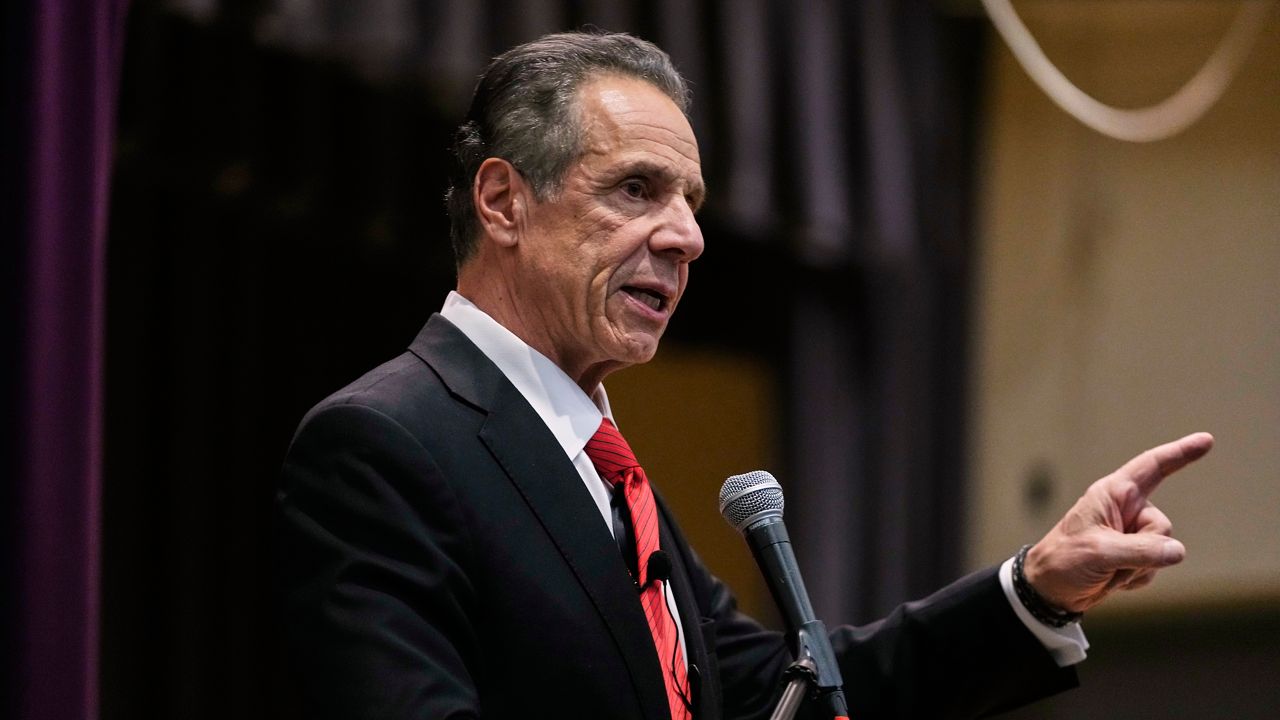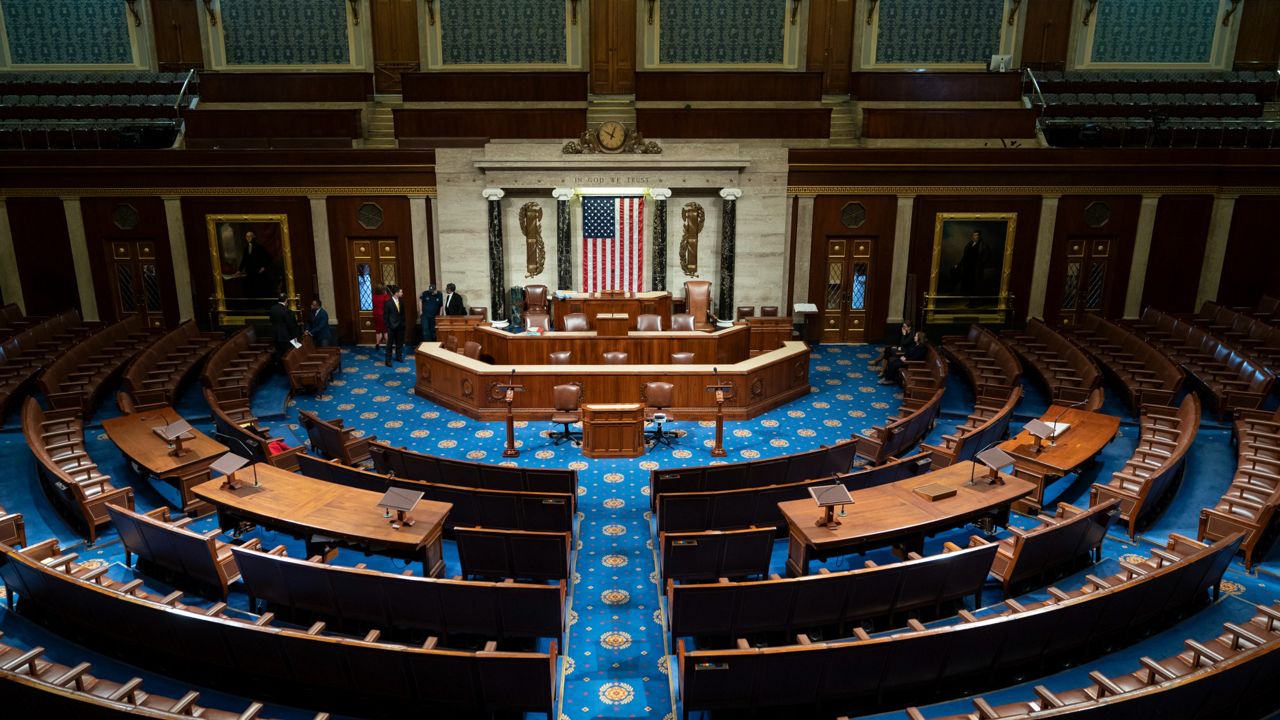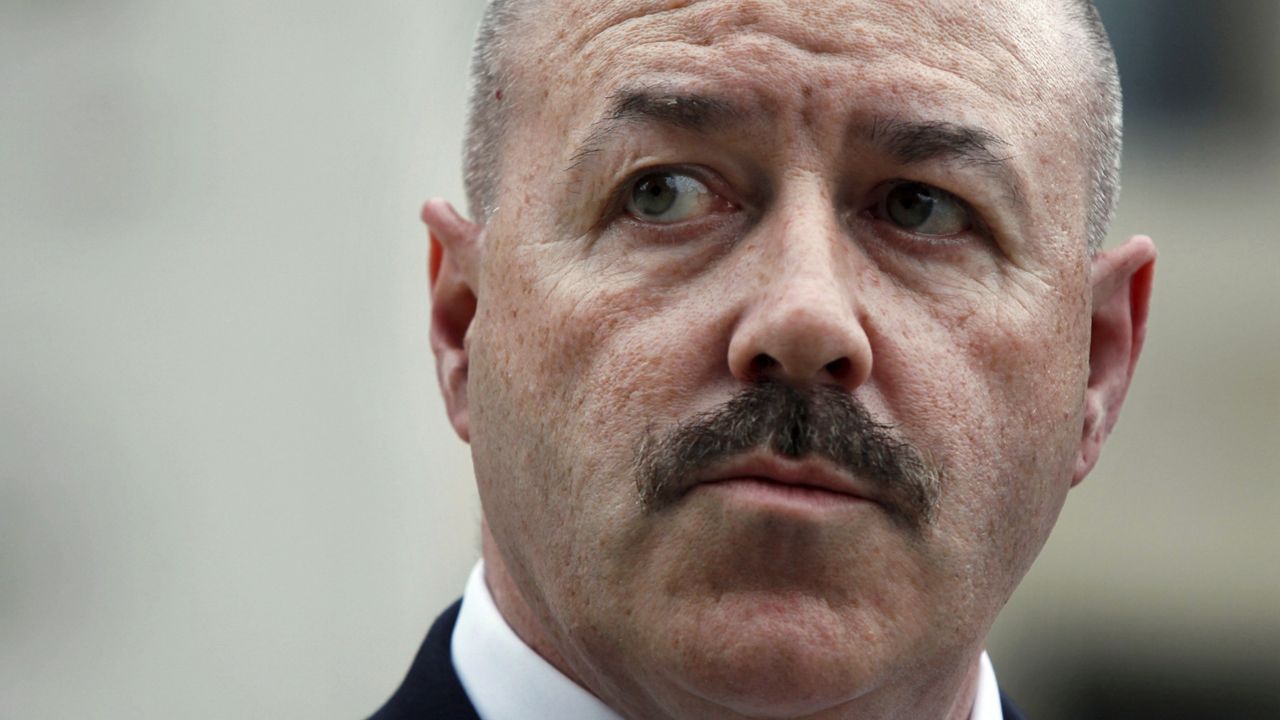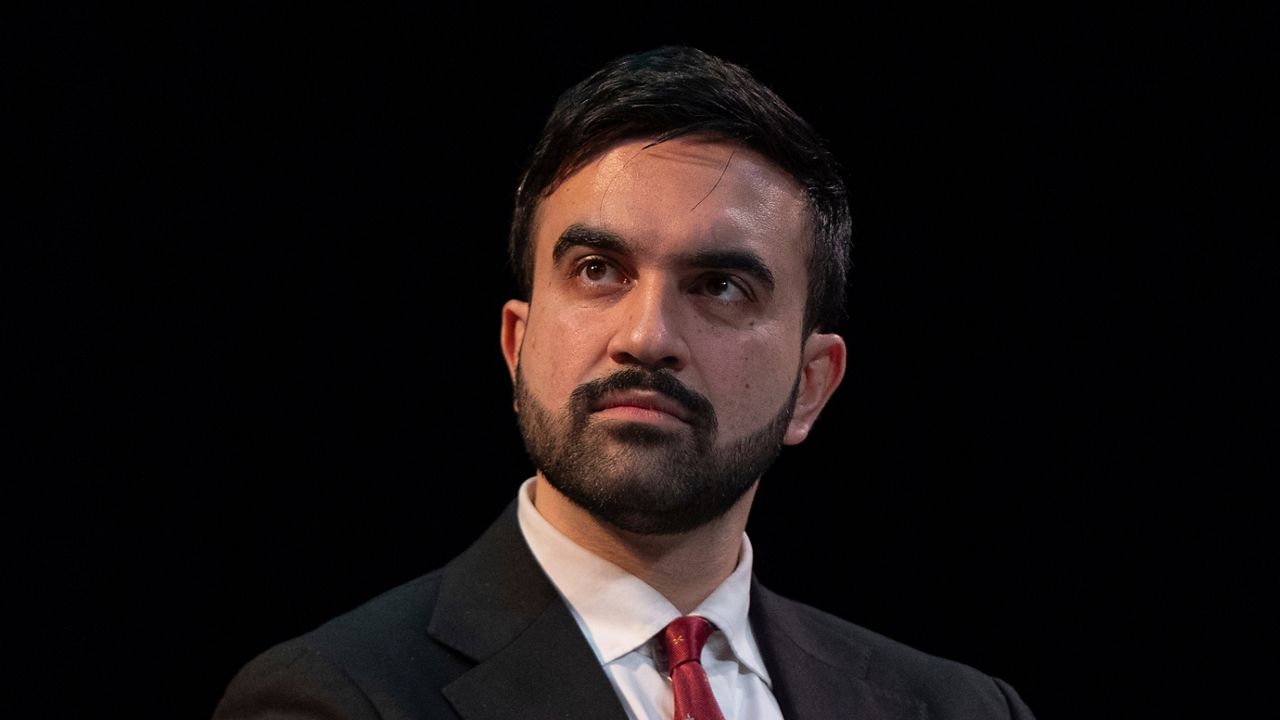The top Democrat on the Assembly's impeachment investigation on Thursday said lawmakers could consider adding the reports of Gov. Andrew Cuomo's family members and those with ties to the administration receiving access to COVID-19 testing in the early days of the pandemic.
Assembly Judiciary Committee Chairman Charles Lavine, a Long Island Democrat, told Spectrum News in an interview the reports in the Washington Post and the Times Union "have been brought to our attention" and will be reviewed.
The Assembly is already investigating allegations of sexual harassment reported by current and former aides in the administration, as well as how the handling of nursing home deaths during the pandemic. Lawmakers are also reviewing a report in the Times Union over reports surrounding the construction of the replacement for the Tappan Zee Bridge.
"There is a main thrust to our investigation and that is what we are focusing on — which is not say we will not be focusing on other matters, as well," Lavine said.
Asked if the COVID-19 testing reports could be part of the impeachment investigating, Lavine said: "I don't mean to suggest that the allegations involving peferential treatment will not be examined and considered. But the main focus involves the three issues with which we have been charged with investigating."
The Times Union and the Washington Post on Thursday reported family members of the governor, including his brother Chris Cuomo of CNN, received COVID-19 tests from state employees at a time when test supplies were scarce.
Rich Azzopardi, a senior advisor to the governor, called the reporting "insincere efforts to rewrite the past."
"In the early days of this pandemic, when there was a heavy emphasis on contact tracing, we were absolutely going above and beyond to get people testing — including in some instances going to people’s homes – and door-to-door in places like New Rochelle — to take samples from those believed to have been exposed to COVID in order to identify cases and prevent additional ones — among those we assisted were members of the general public, including legislators, reporters, state workers, and their families who feared they had contracted the virus and had the capability to further spread it," he said.




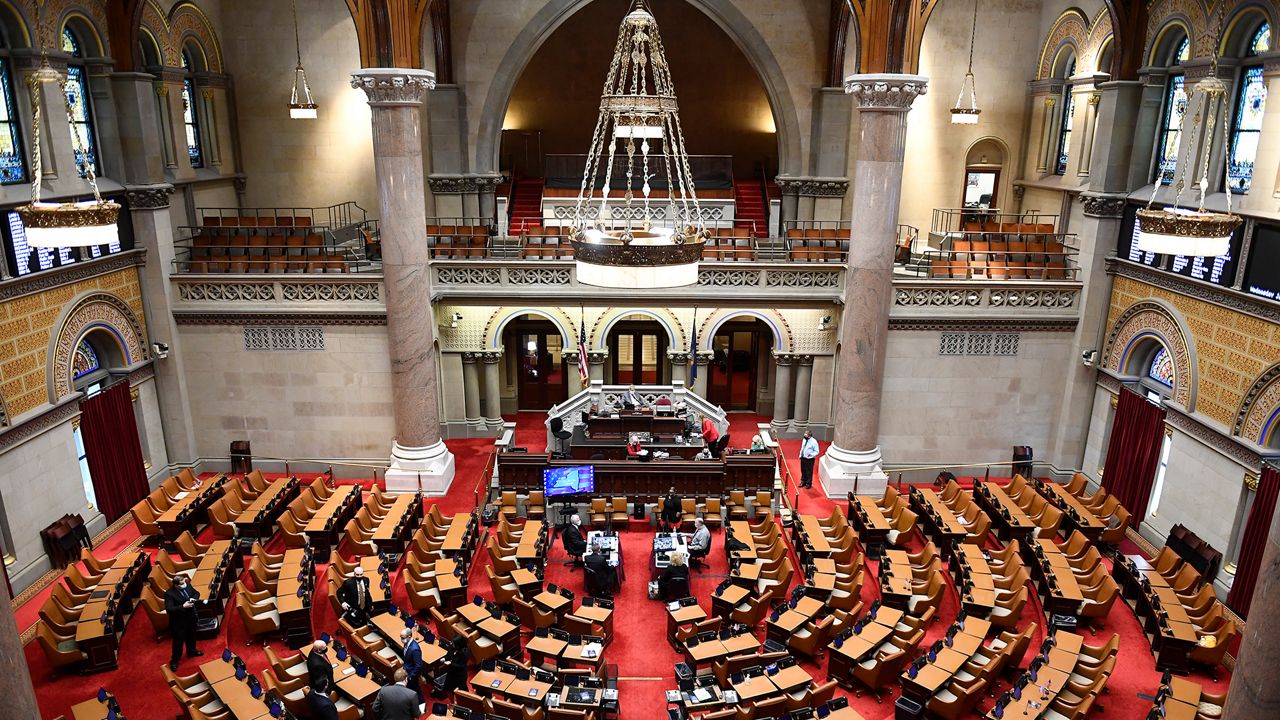
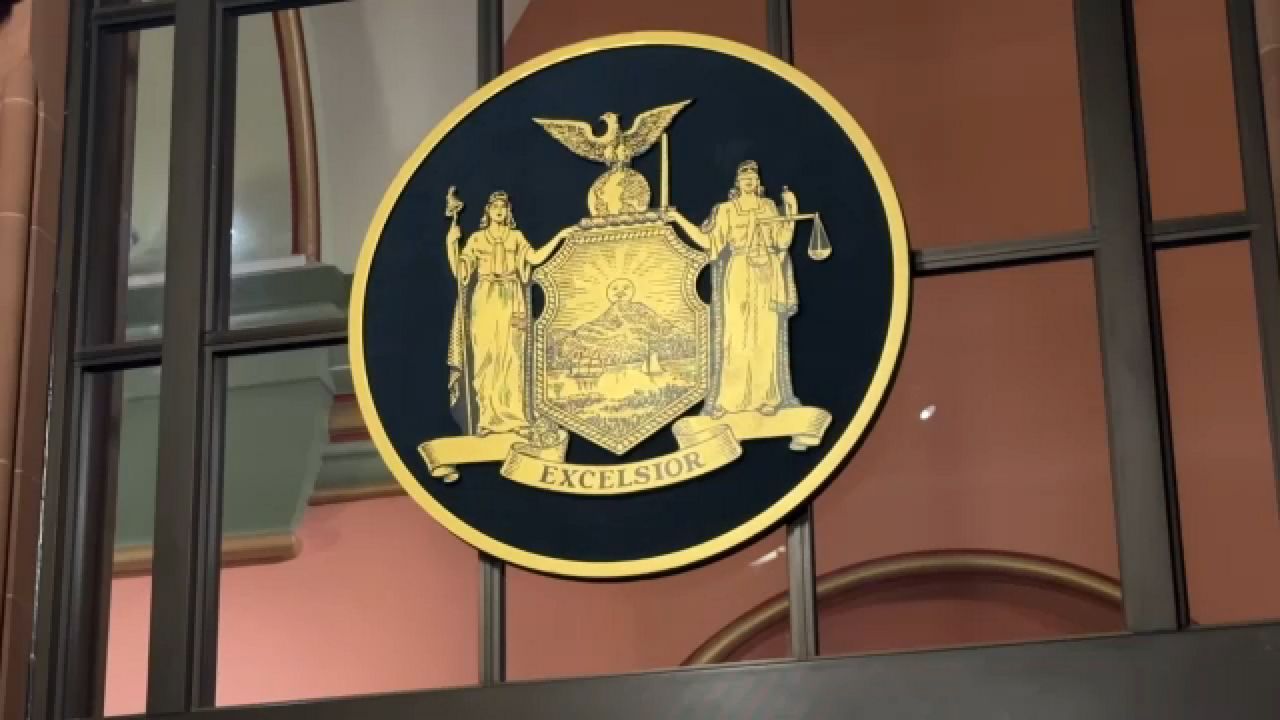
_Pkg_CP_Hochul_Trump_DOT_CG_133247410_434)
